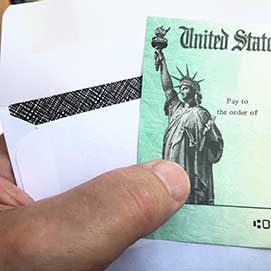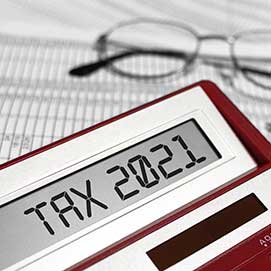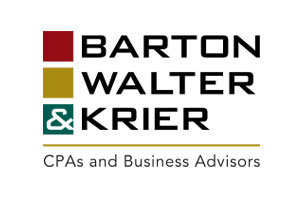How New COVID-19 Stimulus May Affect Your Taxes
January 28, 2021 | Barton Walter and Krier
On December 27, 2020, President Trump signed the Consolidated Appropriations Act (CAA), a spending plan for fiscal 2021 that includes additional economic relief and stimulus for individuals and businesses amid the COVID-19 pandemic. The new legislation contains provisions for small businesses that could significantly reduce federal income tax bills. Read on as we discuss how new COVID-19 stimulus laws may affect your taxes. Help for Cash-Strapped Individuals and Firms Included in the new legislation is another round of “recovery rebate” payments to individuals as well as additional funding for the Paycheck Protection Program (PPP) for businesses. According to the IRS, the economic impact payment sent to individuals is not considered income and will not reduce a taxpayer’s refund or increase the amount they owe when […]
Read MoreWhat You Need to Know
January 21, 2021 | Barton Walter and Krier
Small business still reeling from the effects of the pandemic received some welcomed news in the form of additional funding for the Paycheck Protection Program (PPP). The Second Draw loan program provides an additional $284 billion for small businesses and makes loan forgiveness easier if the bulk of the funds are used for payroll and other expenses related to COVID-19. Read on as we discuss what you need to know about PPP 2.0. What is PPP? PPP is a forgivable loan program established by the CARES Act, which provides economic relief to individuals, workers, and small businesses affected by the COVID-19 crisis. PPP loans help businesses keep workers employed during the pandemic. The first round of PPP loans started in April 2020 but ran out […]
Read More

